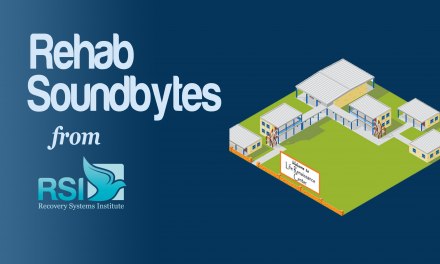It seems simple enough: If your use of a substance is causing you serious problems, stop using it.
And in reality, that’s not all that big a demand. Unless you’re addicted. In which case, it could be the most difficult challenge you ever face.
It’s really the addiction you struggle with, not the substance. That merely serves to trigger the addictive process. And once it starts, there’s a tendency to keep going.
Alcohol and stimulants and opioids are abusable, and some people are just abusing them. Their control over use is not substantially impaired by a disease process. Perhaps some of them could return to moderation, although that’s not so easy, either.
The usual motivation for undertaking the challenge of change isn’t a desire to improve on a spiritual or psychological level. It’s a desire to avoid still worse consequences. When addicts finally give up substances, it’s initially because they fear what might happen if they don’t.
The early stages of change are full of things that patients do because they have to, not because they want to. And that brings up the problem of compliance.
A compliant patient is who follows a recommended course of treatment. That can include a number of recommendations involving diet and exercise, relaxation and meditation, stress reduction, attendance at support meetings or psychotherapy, and so forth. And it presupposes a patient who agrees with the recommendations, which, particularly with addictions, may not be the case. That becomes the first barrier to recovery.
Treatment of chronic disorders relies heavily on the active participation of the patient. Turns out we human beings are not all that reliable. We lapse and relapse and follow some but not all directions. Some of us are convinced that we are the only ones who truly know what’s best for us. And sometimes that’s true, but often not.
There’s nothing particularly mysterious about the incidence of lapse and relapse in addiction. We’re struggling with a changed reality and real change is seldom easy. The results of the addict’s noncompliance are just a bit more dramatic and unpredictable.
More: “Gaining Compliance”












